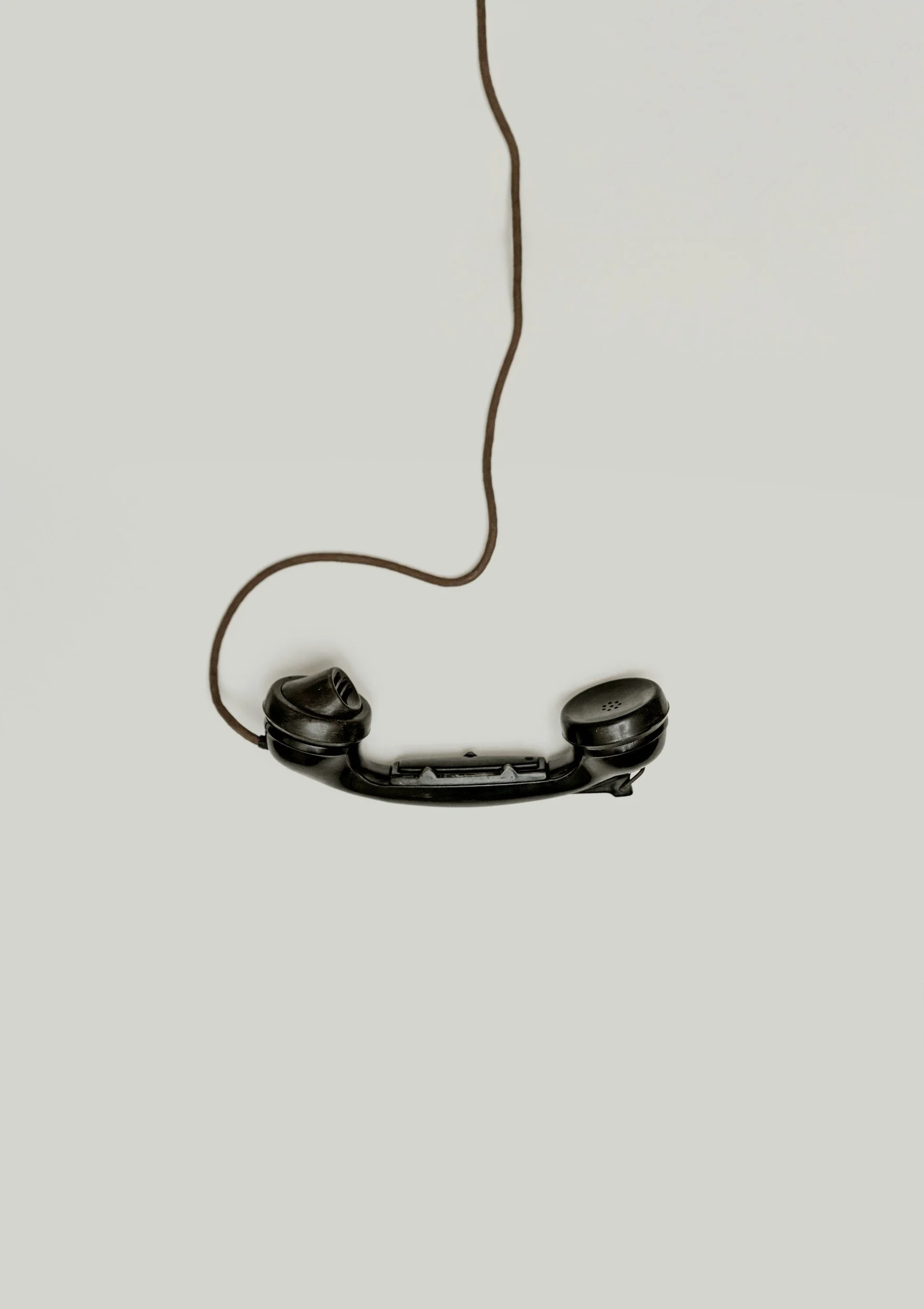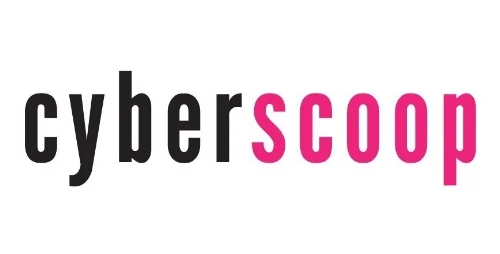Where do you start if you’re a technologist looking to work on public problems? Below are some good groups and networks to begin the journey.
CyberScoop: Wyden urges DHS to adopt secure email authentication protocol
The Intercept: CONGRESS TO GET MORE MONEY TO SCRUTINIZE GOVERNMENT SURVEILLANCE AND SPIES
The Intercept reports that the House Intelligence Committee lacks the funding to hire sufficient staff to conduct investigations.
The Intercept: Congress May Lack Technical Expertise To Properly Investigate Russian Hacking
The Intercept writes about the congressional capacity to investigate Russia's involvement in the 2016 election.
WTOP: New company aims to help vets shift skills to civilian careers
Congressional staff should be as diverse as the U.S. Here’s why they're not (and how we’re trying to build a program that is).
Permanent Innovation Fellows (part II)
Roll Call: Staffer Raise Might Pay for Daily Coffee
Recode: A Silicon Valley-led third party is not going to restore faith in government
Recode writes about Silicon Valley's potential to work with the U.S. Government by presenting a third-party alternative in the 2016 Presidential election.
Permanent Presidential Innovation Fellows
Alpha Geeks
Rep. Ted Lieu on TechCongress
Congress and the Internet of Things
Darren Samuelsohn at Politico reveals what might not come as a surprise to folks in the tech community: Congress isn't ready for the Internet of Things.
What I found, overall, is that the government doesn't have any single mechanism to address the Internet of Things or the challenges it’s presenting. Instead, the new networked-object technologies are covered by at least two dozen separate federal agencies — from the Food and Drug Administration to the National Highway Traffic Safety Administration, from aviation to agriculture — and more than 30 different congressional committees. Congress has written no laws or any kind of overarching national strategy specifically for the Internet of Things.
There was never a shortage of meetings or briefings about connected cars or wearables or drones while I was on Capitol Hill. But the holistic concept of a new world of connected devices-- and the policy implications therein-- hasn't broken through, at least to the average House staffer. I can't remember a single meeting or briefing about the IoT generally. Samuelsohn points to a key structural challenge for government relating to the Internet of Things, and a problem relevant to technology policy writ-large.
there’s an underlying mismatch between the way government handles issues and the way this new technology actually works. Government operates in silos — in Congress, committees often fight one another for jurisdiction harder than Democrats clash with Republicans; all the agencies, departments and commissions that make up the federal executive branch maintain separate fiefdoms for everything from agriculture, to defense, to transportation and energy.
The IOT is precisely the opposite. It is a freewheeling system of integrated objects and networks, growing horizontally, destroying barriers so that people and systems that never previously communicated now can. Already, apps on a smartphone can log health information, control your energy use and communicate with your car — a set of functions that crosses jurisdictions of at least four different government agencies.
The obvious takeaway is that technology policy is increasingly diffuse. Every agency and every committee-- transportation, energy, health, commerce-- needs to have staff that understand how tech works in order to make effective policy. The difference between Congress and the federal agencies it's charged with authorizing and overseeing, however, is that the agencies are making a real effort to source that kind of talent. Congress, on the other hand, is not.
















